For many single-family residential real estate investors looking to make the transition towards larger deals, there is invariably the obstacle of taking on multi-family and commercial deals. Commercial leasing is an entirely different animal from residential leasing. If not structured properly, commercial leases can pose a large financial risk to the investor–no matter how good the property looks as an investment. Investors need to be aware of how commercial leases are structured differently from residential and what to anticipate in changing commercial landscapes. A poorly managed property can also ruin an investment’s value. Landlords should practice effective commercial property management skills.
Here are 7 hot-ticket items investors and landlords looking to own and manage commercial real estate.
Commercial Leases – The first thing to know is the fundamental component that sets commercial leases apart from typical residential leases:
- Commercial properties have different costs apart from residential that can be transferred to tenants: Common Area Maintenance (CAMs)
- CAM includes: landscaping, utilities, renovations and other management costs associated with commercial properties
CAM and Triple Net Leases – Depending on the investment and property-type, landlords should choose one of three lease formats:
- CAM Lease – Landlord/Owner are protected from any unanticipated costs and expenses of property management; umbrella-type lease specifies tenant responsibilities and liabilities
- Triple Net Lease – More stable, long-term lease; used primarily by landlords with long-standing tenants; does not protect landlord against unforeseen costs and expenses
- Full service – this is typically reserved for office buildings or structure with a lot of common area. These types of leases include janitorial and electric, which are priced in to the quoted rate.
Tax Implications – Though not often a topic of discussion between tenants and landlords, commercial leases should address issues regarding tax.
- Tenant renovations – Leases should stipulate who owns the improvements. This could be a very important issue for declaring depreciation.
Americans with Disabilities Act (ADA) – ADA regulations represent a huge risk for landlords not in compliance.
- Commercial real estate is subject to more ADA regulations as public accommodations, compared with single family residential
- ADA codes constantly in flux; Unaware landlords could find themselves on the downside of expensive fines.
Sub-letting and Tenant-Assigned Leases – Many tenants will lease out unused or unoccupied space for extra income, but landlords can be losing out if their interests are not addressed in leases
- Landlords should structure their deals so they are entitled to a portion of income from sub-leases and tenant-assigned leases, if the sublease value is greater than the value of the original lease.
D-I-Y Leases – Investors looking to cut costs on commercial properties will often have landlords draw up generic leases. Commercial leases have many more facets than residential leases that need to be explicitly addressed, otherwise investors open themselves to high risk potential.
Bad Tenants – There is nothing worse for landlords than bad tenants. Bad tenants can infect a good property and drive the value down while causing problems for landlords. Landlords should know how to deal with tenants effectively and avoid bad tenants:
- Always ensure strong security deposits
- Small-Claims Court for unresolvable issues
- Effective demand letters can go a long way
Please check out our podcast on commercial leases for more detail.


